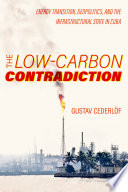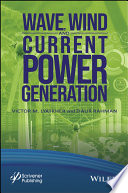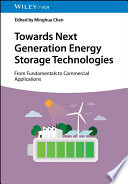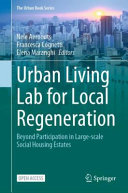The Low-Carbon Contradiction: Energy Transition, Geopolitics, and the Infrastructural State in Cuba
In the pursuit of socialism, Cuba became Latin America’s most oil-dependent economy. When the Soviet Union collapsed, the country lost 86 percent of its crude oil supplies, resulting in a severe energy crisis. In the face of this shock, Cuba started to develop a low-carbon economy based on economic and social reform rather than high-tech innovation. The Low-Carbon Contradiction examines this period of rapid low-carbon energy transition, which many have described as a “Cuban miracle” or even a real-life case of successful “degrowth.” Working with original research from inside households, workplaces, universities, and government offices, Gustav Cederlöf retells the history of the Cuban Revolution as one of profound environmental and infrastructural change. In doing so, he opens up new questions about energy transitions, their politics, and the conditions of a socially just low-carbon future. The Cuban experience shows how a society can transform itself while rapidly cutting carbon emissions in the search for sustainability.
Looking for a high-quality, original digital edition of
The Low-Carbon Contradiction: Energy Transition, Geopolitics, and the Infrastructural State in Cuba
? This official electronic version is published by
University of California Press
and offers a seamless reading experience, perfect for professionals, students, and enthusiasts in
Energy.
Unlike EPUB files, this is the authentic digital edition with complete formatting, images, and original content as intended by the author .
Enjoy the convenience of digital reading without compromising on quality. Order The Low-Carbon Contradiction: Energy Transition, Geopolitics, and the Infrastructural State in Cuba today and get instant access to this essential book!












0 Comments